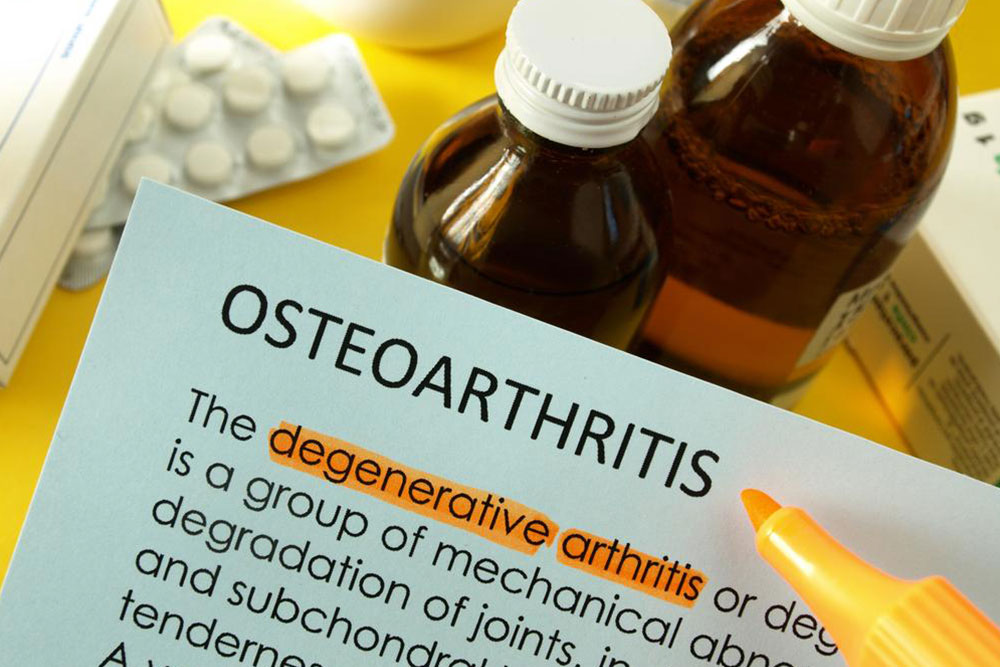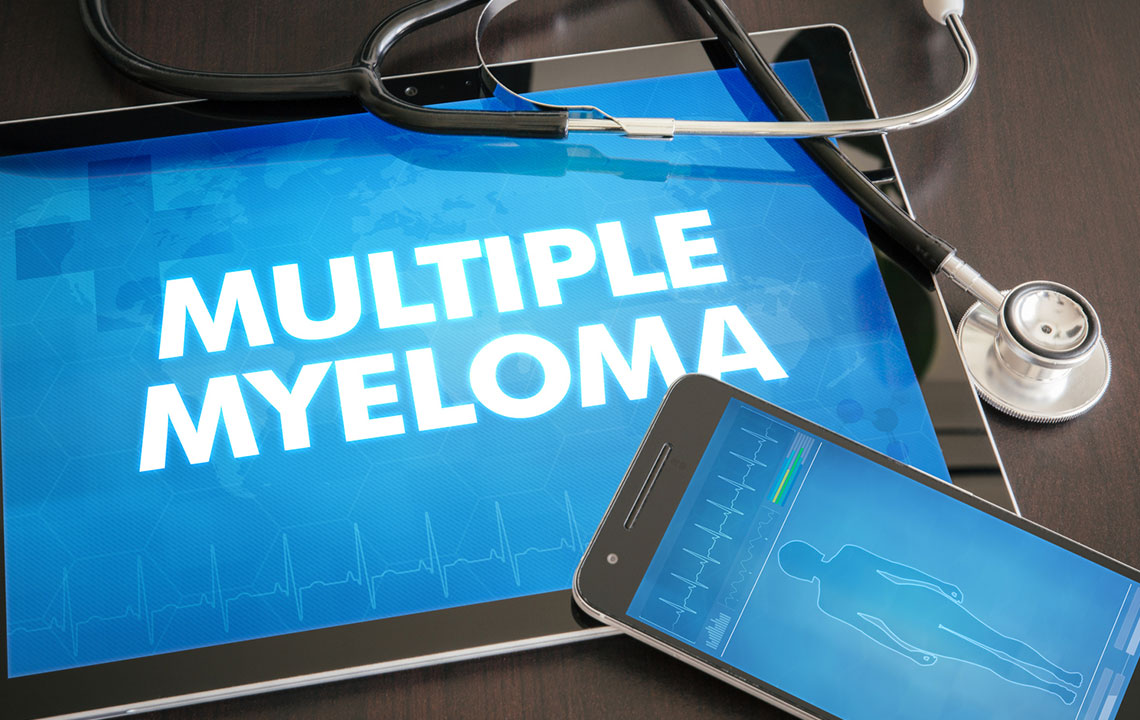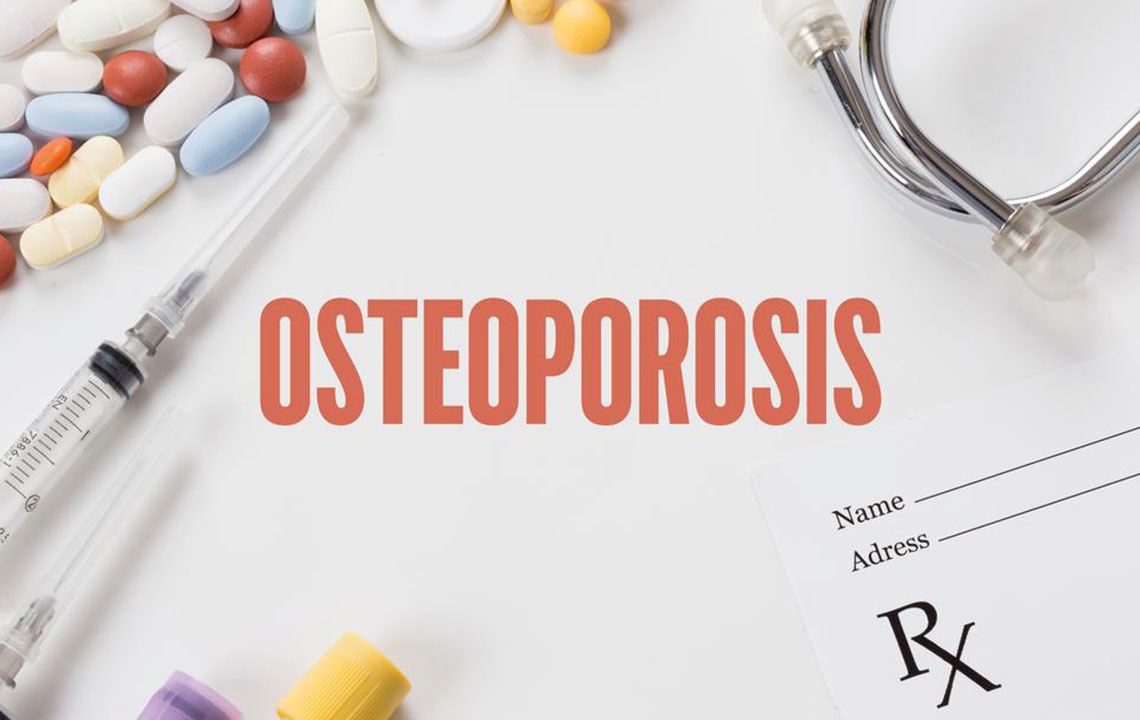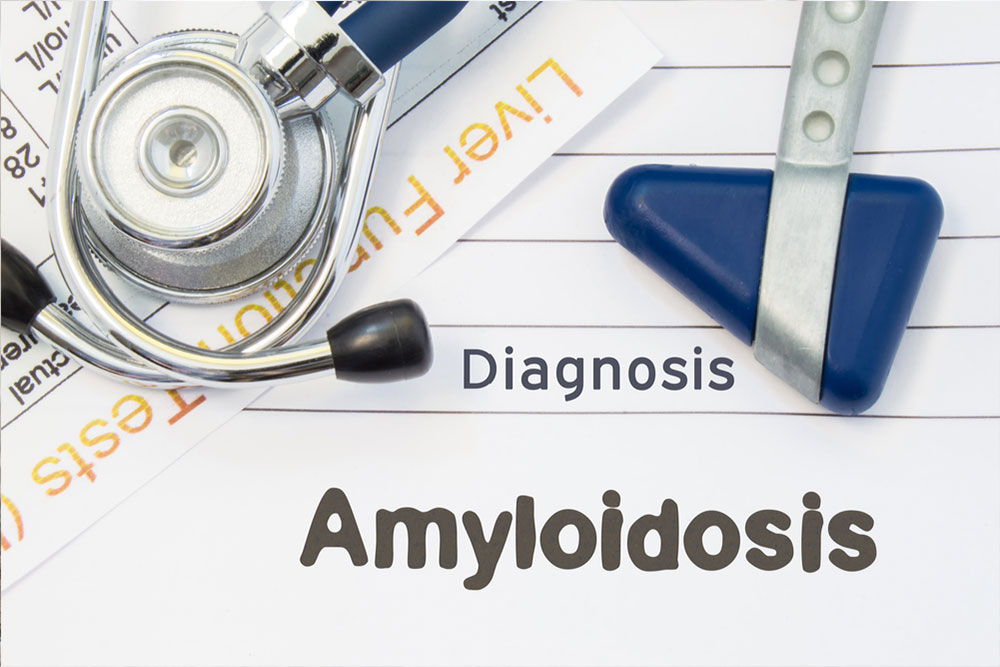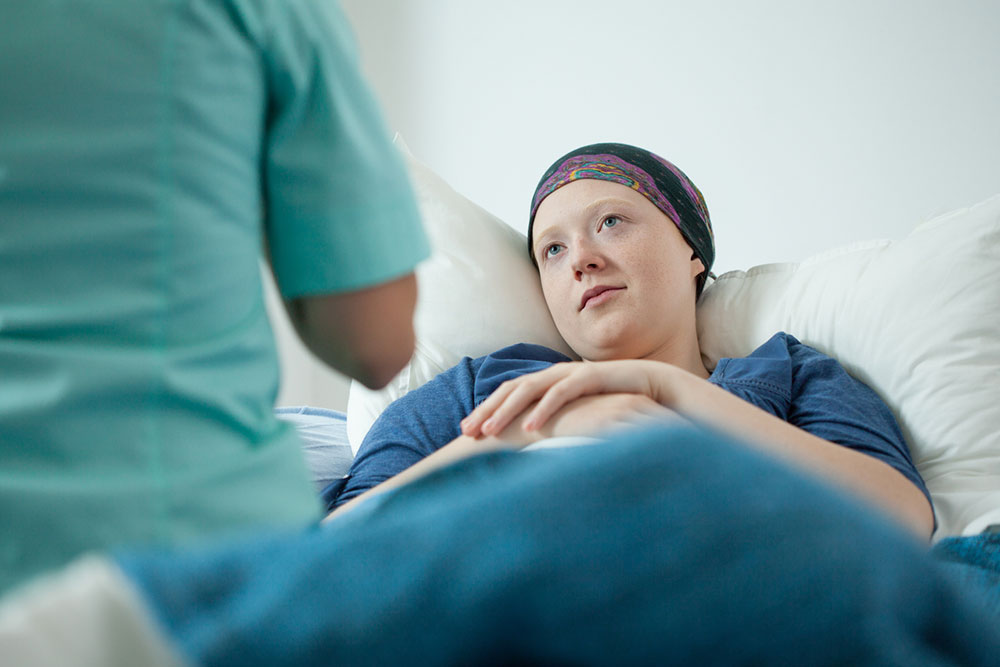
Treatments
4 Alternative Therapies for Patients with Breast Cancer
Breast cancer is known to affect about 1 in every 8 women in the country, which is approximately 12% of the entire female population. In fact, as of January 2019, there are more than 3.1 million women who have a history of breast cancer, and this includes women who are currently being treated and who have finished their treatment. Breast cancer can be cured completely only when it is diagnosed in its initial stages. Once cancer metastasizes to adjacent organs, the treatment methods aim to control the symptoms of the condition instead of trying to cure it completely. Breast cancer treatments involve radiation therapy and chemotherapy, which can wreak havoc on one’s body. People thus often opt for complementary natural therapies that promote overall health and help them stay proactive throughout their cancer treatment. Take a look at some of these alternative therapies that can help with the symptoms of breast cancer. Acupuncture Acupuncture is a traditional Chinese treatment method and the studies from the National Center for Complementary and Integrative Health (NCCIH) suggest that this treatment can help women with breast cancer. It involves the use of thin needles that are inserted into the body, and it is believed that this process can stimulate the brain and nervous system to help reduce the pain.
